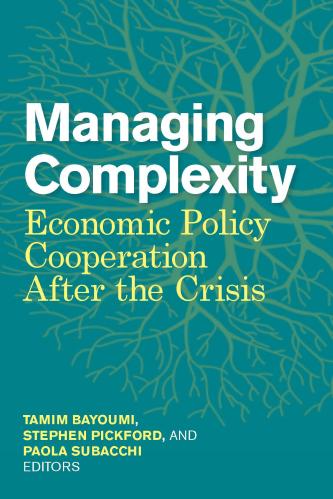The Western Balkans are expected to enter a sharp recession in 2020, with GDP expected to contract in all six countries between 3 and 11 percent. There is no doubt that the economic impacts of the coronavirus pandemic will affect people’s health, incomes, education, and jobs. But how acute will the poverty impact of COVID-19 be in the Western Balkans?
The World Bank Regional Economic Report estimates that, in the absence of government responses, more than 400,000 people in the region could fall into poverty (based on a threshold of $5.50 [2011 PPP] per person per day), and the share of the middle and upper classes (with incomes above $5.50 [2011 PPP] per person per day) would shrink substantially across the region, between 2 and 10 percentage points depending on the country and the length of the crisis. Many of those who become impoverished will not receive social protection support unless programs are expanded, and informal workers who lack access to unemployment insurance and other forms of support are particularly at risk.
The economic impacts of the pandemic will be mainly felt through labor income losses. The loss of jobs is expected to be unprecedented and broad-based. In 2019, 190,000 new jobs were created in the Western Balkans, and unemployment declined to 13.4 percent, 2.3 percentage points less than in 2018. By the end of April 2020, however, 40 percent of the past year’s gains in reducing unemployment in the region had already been reversed. The labor market may further degrade in the following months as more firms run out of savings and adapt to a new normal, before labor markets may start to recover early next year. The extended loss of income could damage the ability of poorer households to invest in learning, nutrition, and the health of children and mothers, with serious longer-term consequences that may take years to recover from.
To reduce the social impacts of the crisis, governments in all six countries have introduced measures to support households and businesses. In the first few months of the crisis, they have focused on strengthening public health systems, supporting firms to save jobs, and rapidly expanding programs that support the poor and the unemployed. As the social impact of the crisis starts to unfold, countries should keep their focus on supporting poor and vulnerable households affected by the shock through expanded social assistance and social insurance measures, while at the same time improving the effectiveness of these measures and adapting benefits to ensure they are fiscally sustainable.
Countries also need to start looking beyond the immediate impact and toward recovery and long-term resilience. The crisis presents as an opportunity to make structural changes that strengthen social protection systems and improve their cost-effectiveness, so that they can better protect the vulnerable against future crises that will inevitably occur. For instance, establishing effective social registries to ease registration and improve targeting allows cash transfer programs to react faster and more cost-effectively to crises. Also, the type of jobs people have lost will not necessarily be available to them again, highlighting a need to boost active labor market programs to retrain many job seekers.
Going forward, Western Balkan governments will need to invest in the recovery process and improve their resilience toward future crises. While it will be important to continue supporting poverty-targeted programs and the unemployed, there will be clear financing trade-offs in allocating scarce resources. Preliminary calculations suggest, for instance, that if the unemployment rate were to double in North Macedonia and the benefits were to be extended by two months, the additional cost of unemployment support alone would be more than 70 million euros on an annual basis; but unemployment benefits are only one among many instruments that are needed to support the recovery and need to share limited fiscal space with equally important recovery measures such as safety nets, wage subsidies, and support to firms. It will be therefore essential to improve program effectiveness and prioritize spending with clear objectives in mind, striking a fine balance between supporting households and firms during the recovery process while ensuring fiscal sustainability.
This blog is based on the work done in the context of the Spring 2020 Western Balkan’s Regular Economic Report, in particular the Poverty, Social Protection, and Labor companion notes, prepared by Leonardo Lucchetti, Alicia Marguerie, Karla McEvoy, Ana Maria Oviedo, Gonzalo Reyes, Jamele Rigolini, Sanja Madžarević-Šujster, Trang Van Nguyen, and Jayne Jungsun Yoo.
The Brookings Institution is committed to quality, independence, and impact.
We are supported by a diverse array of funders. In line with our values and policies, each Brookings publication represents the sole views of its author(s).













Commentary
Will COVID-19 create a new surge in poverty in the Western Balkans?
June 19, 2020